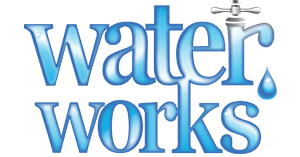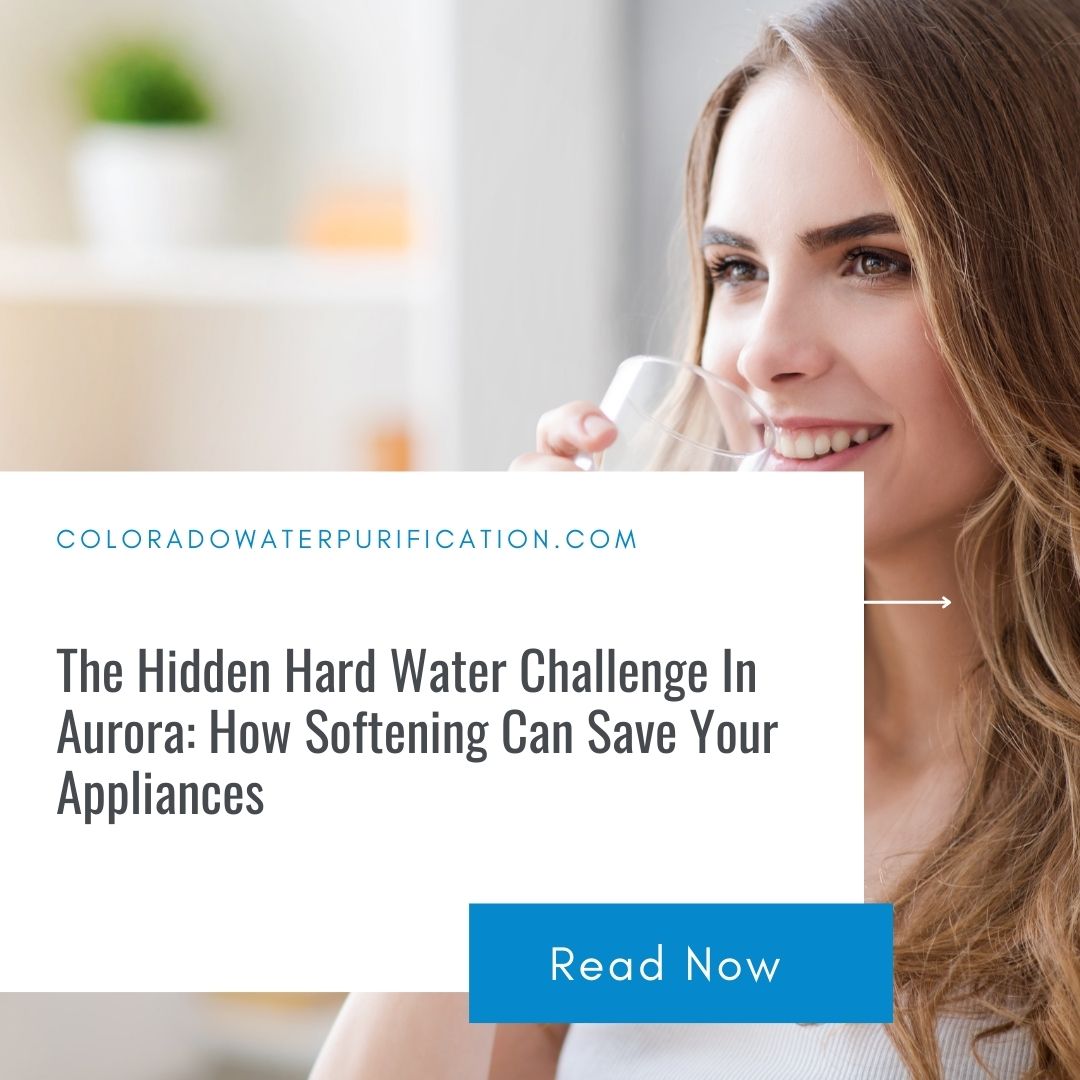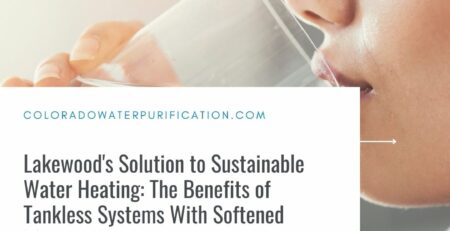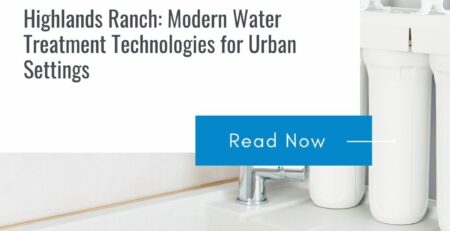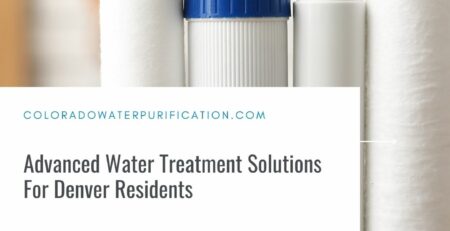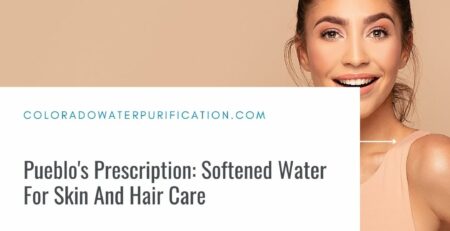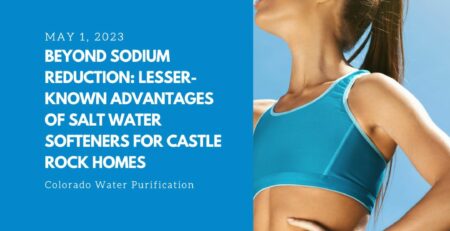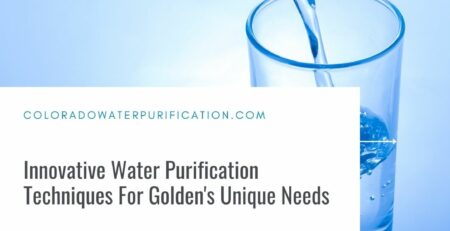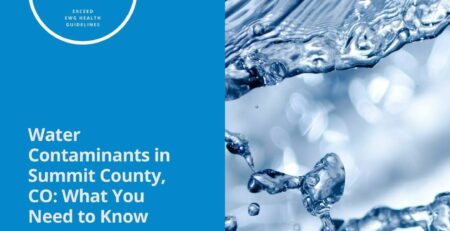The Hidden Hard Water Challenge In Aurora: How Softening Can Save Your Appliances
The Hidden Hard Water Challenge in Aurora: How Softening Can Save Your Appliances
Most people in Aurora, Colorado, find themselves in a constant battle with a common household foe: hard water. This pervasive problem transcends state borders, affecting countless households in different parts of the country. But what is hard water exactly, and why is it such a big problem? In today’s post, we’ll delve deeper into the hard water challenge in Aurora and discuss how water softening can save your household appliances.
Understanding Hard Water and Its Impacts
Hard water is water that’s high in minerals, mainly magnesium and calcium. While these aren’t harmful to your health, they certainly can be to your home. When heated, hard water results in scale – chalky deposits that line your pipes, water heater, and all other appliances that come into contact with hot water. This scale significantly reduces the efficiency of your appliances, hence increasing energy costs.
Signs of hard water damage are often overlooked but are relatively easy to spot. Look out for an increase in energy bills, lower water pressure, or your appliances needing constant repairs. If your clothes feel stiff after washing, or your skin and hair feel dry despite using quality skincare products, your home could also be affected by hard water.
The Benefits of Softening Your Water
Here’s the good news: the hard water challenge is not an insurmountable one. Water softening, a process that removes the troublesome calcium and magnesium ions from your water, can protect your home and your appliances from hard water damage. The softening process serves to reduce the mineral buildup in your pipes, thus enhancing the longevity of your appliances.
And it’s not just about saving your machines. Soft water also provides a smoother feeling when washing your hair and clothes. It’s often mistaken that water softening is a luxury option when, in fact, it’s a crucial step towards preserving your home’s overall efficiency, while also saving on energy costs in the long run.
Demystifying the Water Softening Process and Costs
P: Water softening might sound like a complex, costly process, but it’s much simpler and cost-effective than most people realise. Water softeners work by swapping hard minerals for softer ones (usually sodium), thus “softening” the water. The cost of a water softener varies depending on its type and size, but with the reduced maintenance and energy costs, they pay for themselves in no time.
An investment in water softening is an investment in the longevity of your appliances, the efficiency of your home, and the health of your hair and skin.
Conclusion: Hard Water – A Silent Foe Worth Tackling
P: Hard water may be a hidden challenge, but it doesn’t have to wreak havoc on your appliances. By understanding what hard water is, recognising its damage, and opting for water softening, you can protect your home and appliances while also improving your quality of life. After all, saving money in the long run and having silky hair in the process sounds like a win-win situation, right?
